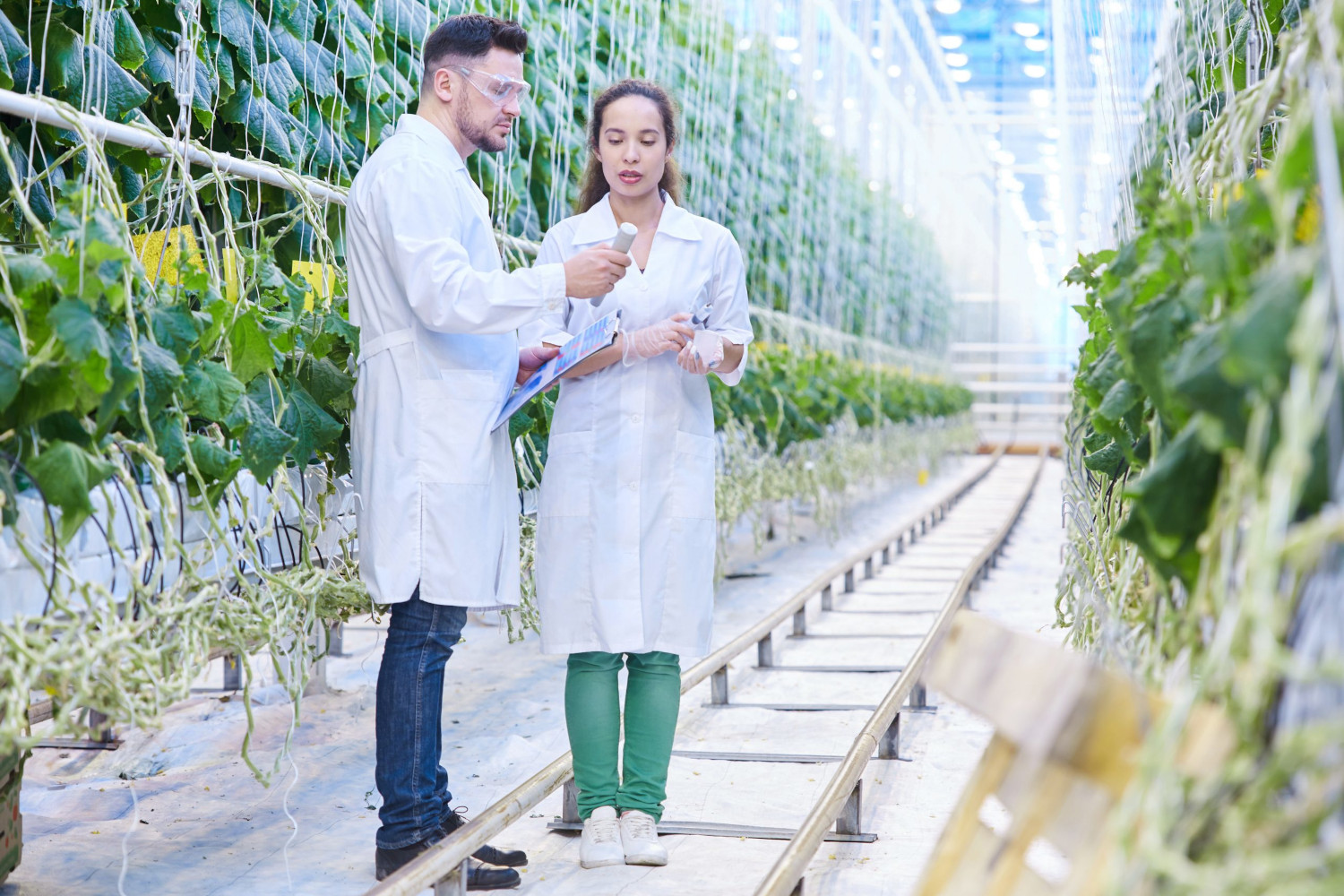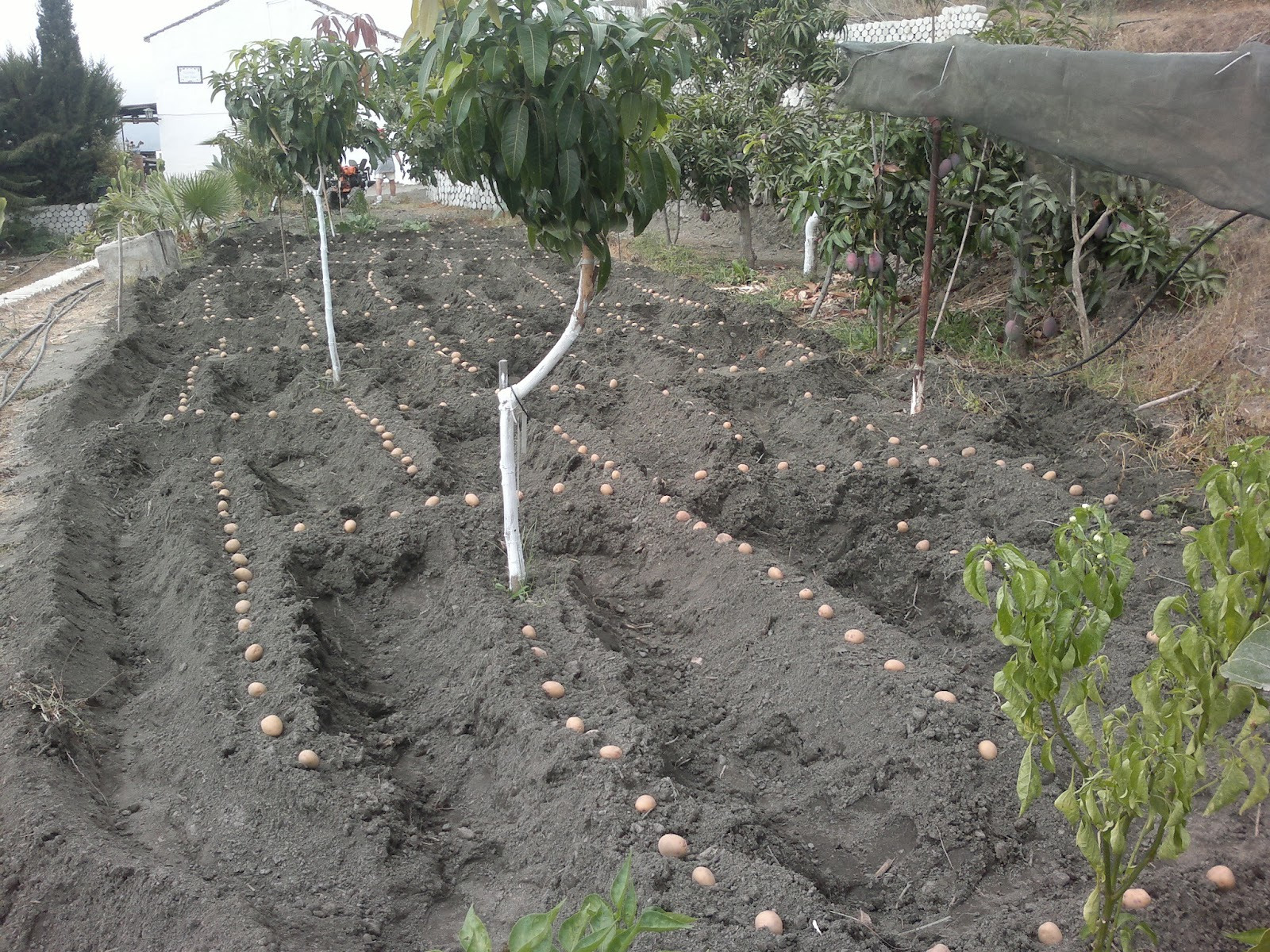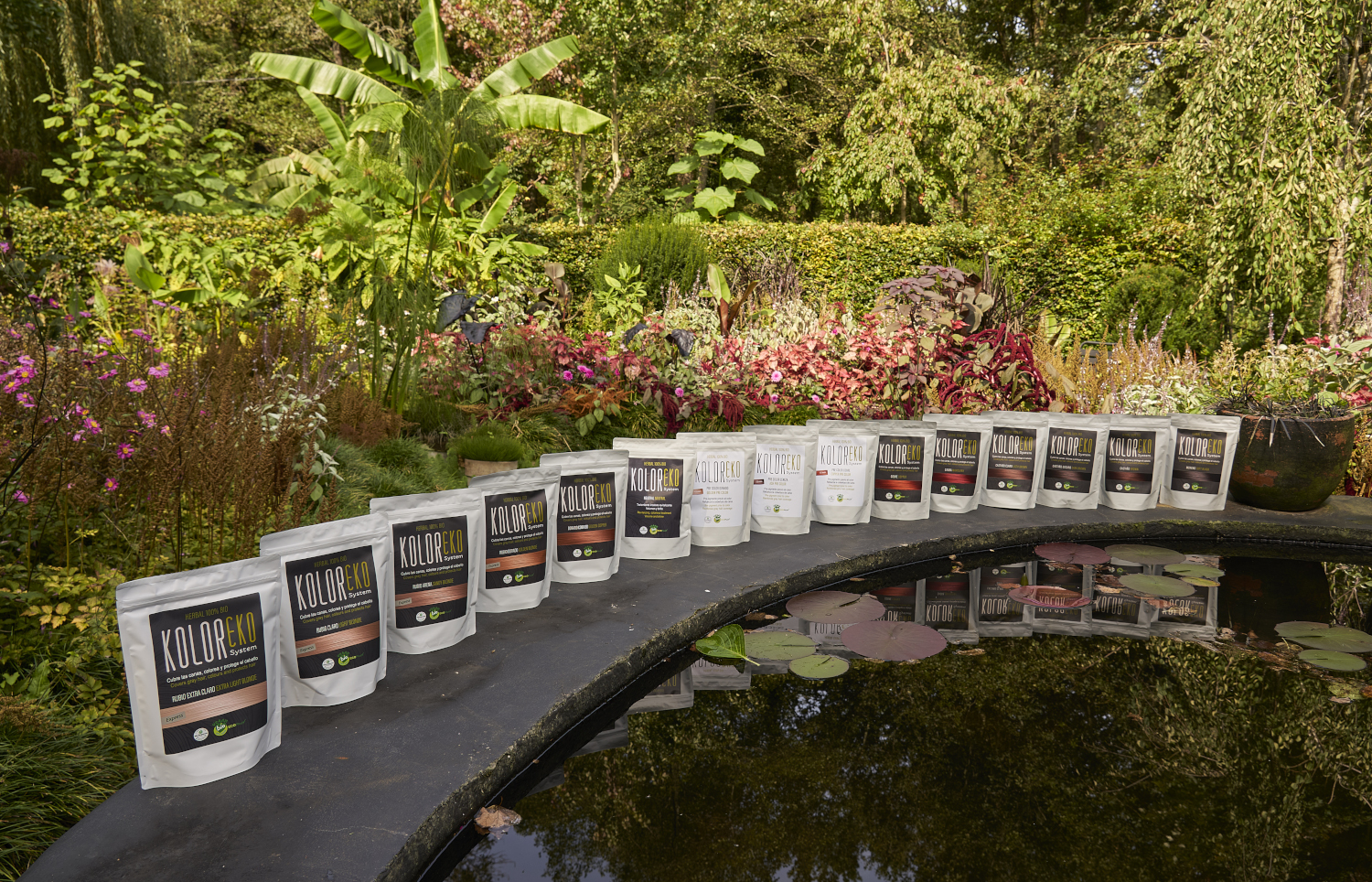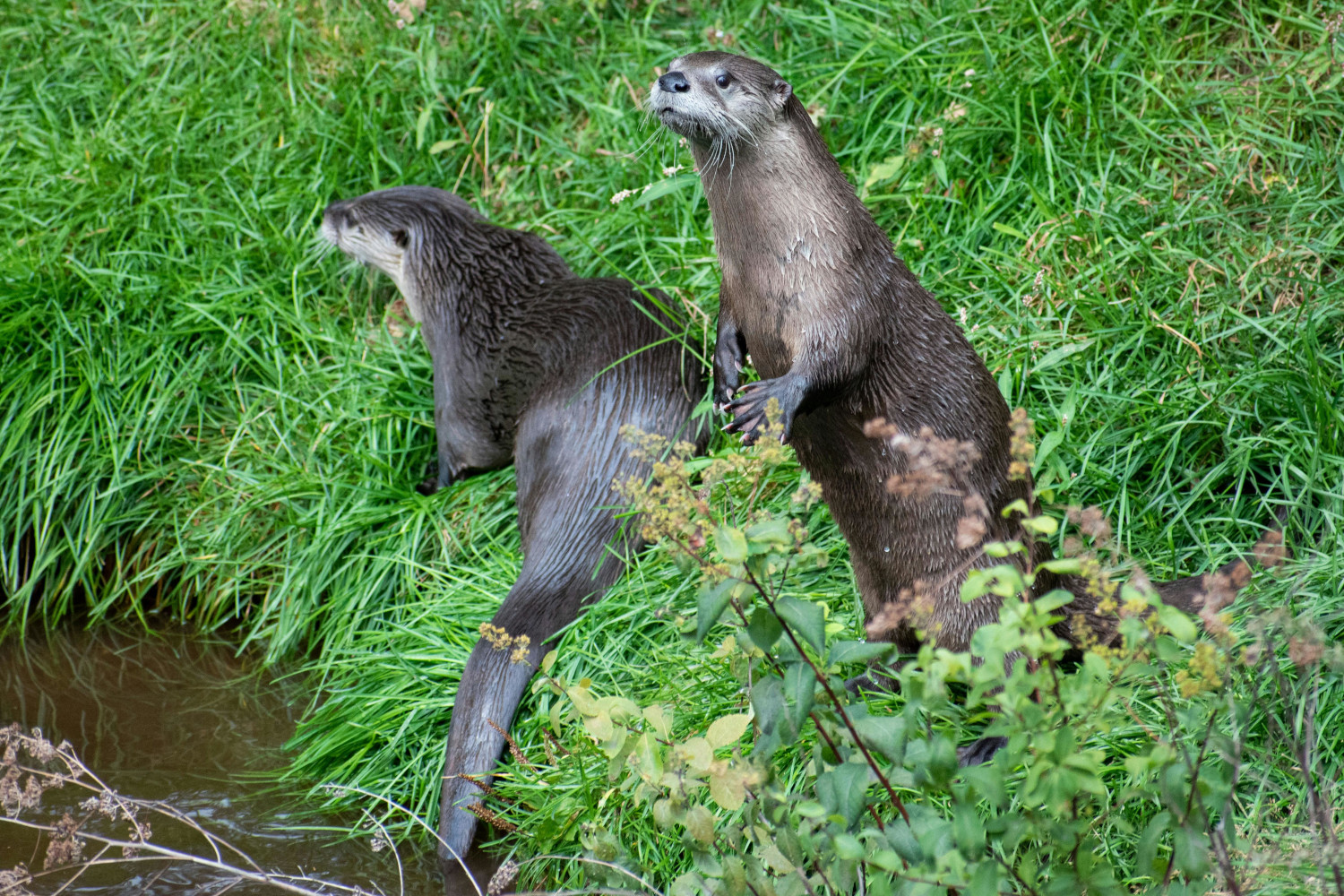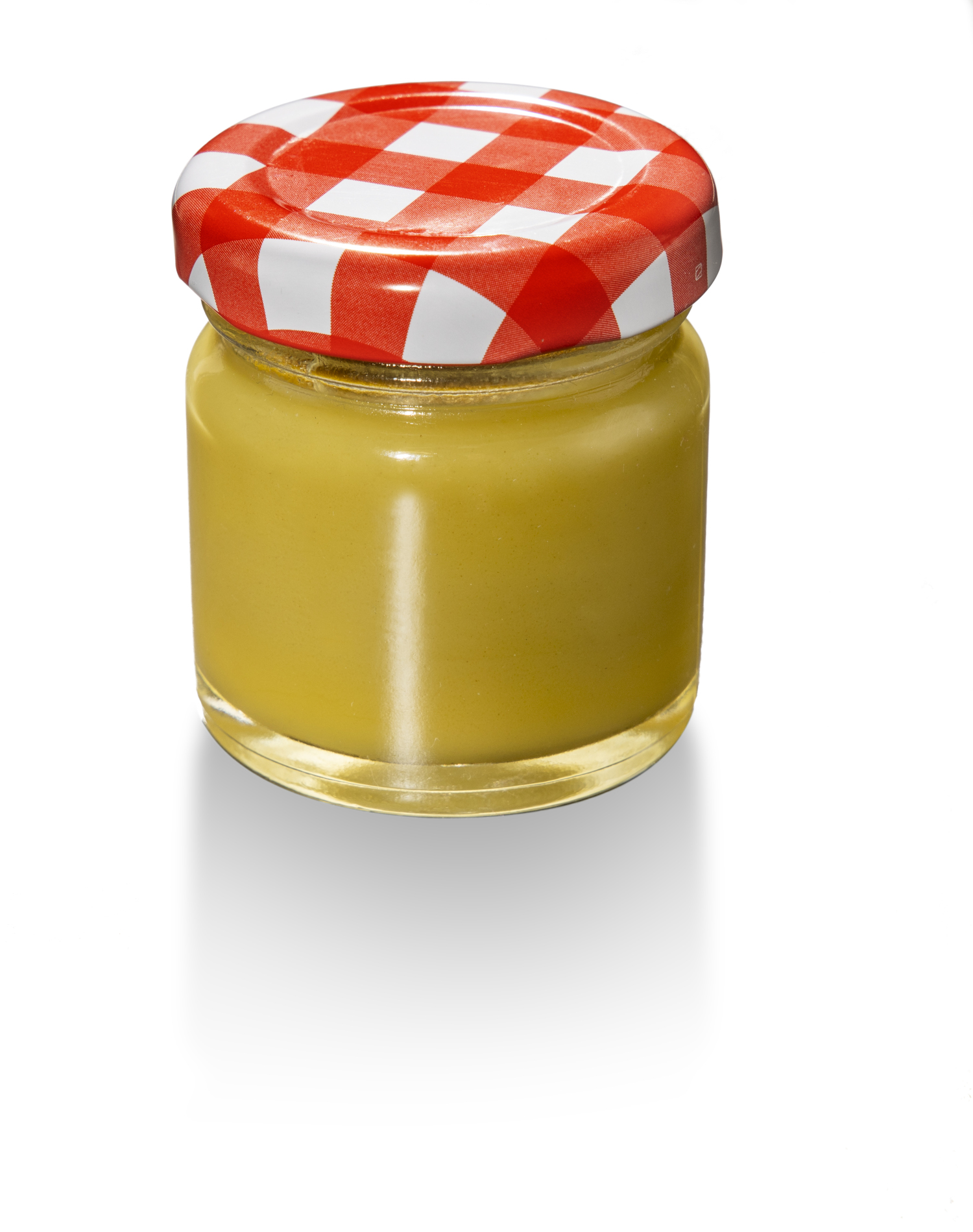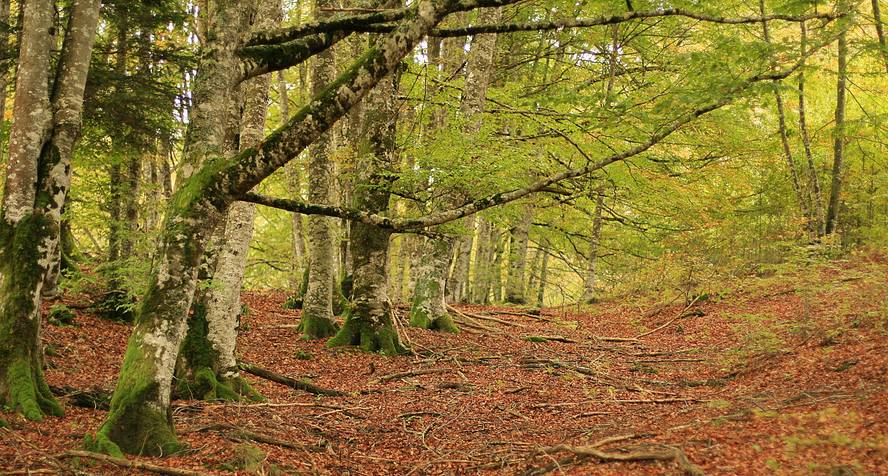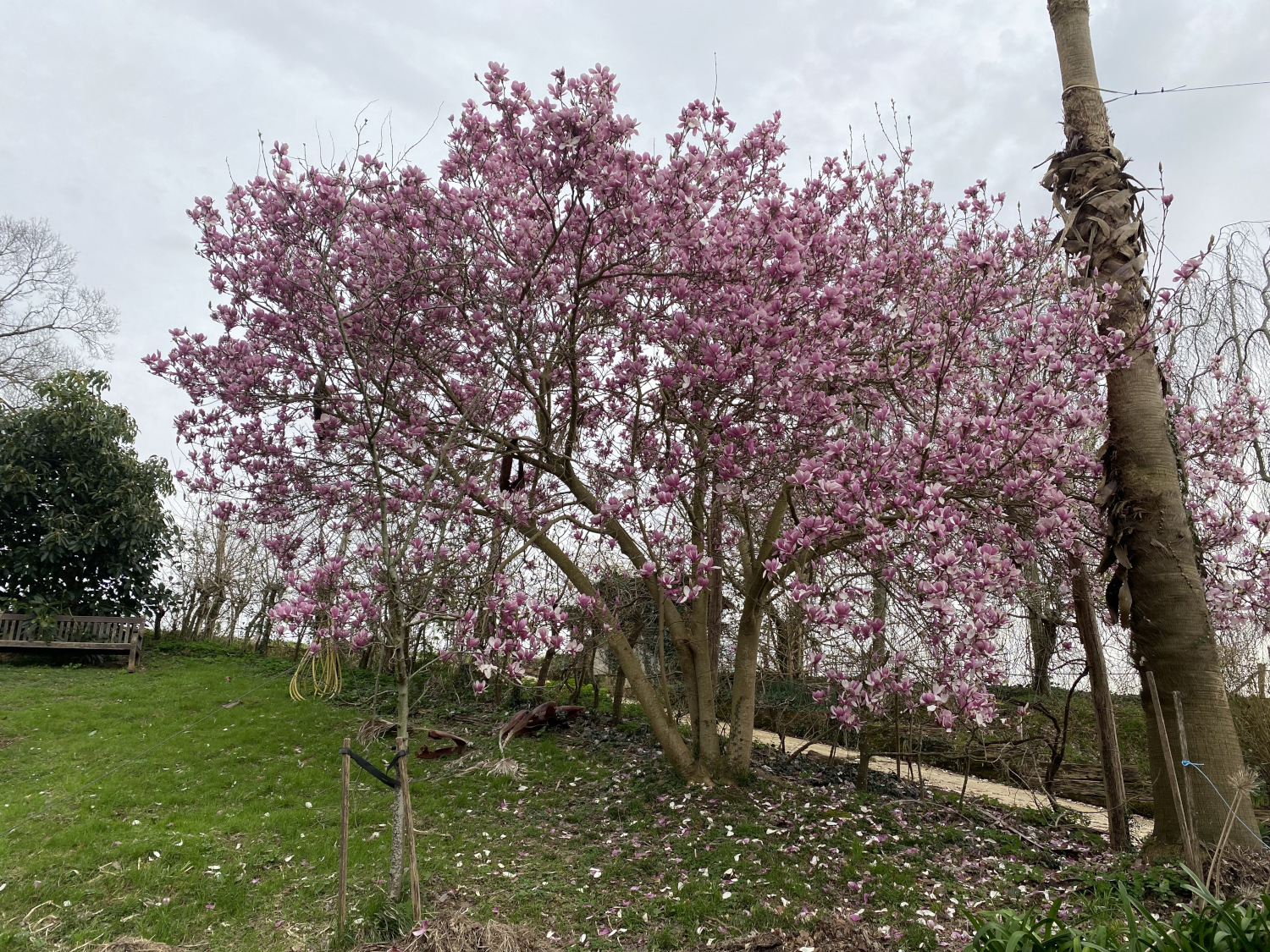Special presentation in Alegia for two-legged hires
- On October 13, the ARGIA Bizi Baratze project will present in Alegia the agenda of the Moon and Plants 2023. According to the Moon, next year explains the work at each time, both in the orchard, the forest, the garden and the fruit trees. The agenda for this year is about animals, insects, birds, mammals, amphibians living around plants... The presentation of Alegia will involve the authors Jakoba Errekondo and Antton Olariaga, as well as the brothers Unai Agirre and Eñaut Agirre who will sing ancient verses on beasts and biologist Iñaki Sanz Azkue who will deal with the issue of animals. Therefore, this special discourse will combine oral presentations, illustrations and verses.

The 2023 Luna and Plants agenda is a good tool for many users: for those who care for the garden, for those who work in the ecology, for those who manage the forest, for those who have garden or fruit trees... Also for teachers who are curious about the environment. This agenda provides the knowledge of the land in the Basque Country, through beautiful illustrations and in a rich Basque: what to do according to the lunar cycle in each specific time of 2023, what plants are next, how to fertilize them... all of this in an environmentally friendly way, without pesticides or chemical fertilizers.
Although hands are not stained on the ground, this agenda is also a treasure for the citizen who wants to live his legs on the ground, to remember work or everyday life issues: it is a practical agenda, because it gives a vision of the days of the week in the left hand, when the leaflet with rings is opened. In each of the pages, at the bottom of them, we can see illustrations of the native vegetables available at the time. And at the top, a proverb related to nature. The holidays of the whole of Euskal Herria are marked and offer the necessary space to write each day.
This useful agenda, therefore, provides us with all the content of the Basque culture linked to the earth through beautiful illustrations and short explanations, within the cycles marked by the moon and the sun.
On 13 October a very special presentation in Alegia
Each year the agenda that ARGIA publishes focuses on one topic. This year it is about animals. The talk will show how orchards and biodiversity are fed. Jakoba Errekondo will present the contents of the agenda and Antton Olariaga will explain how she has made beautiful illustrations of the agenda as she shows them. Biologist Iñaki Sanz Azkue will then highlight the importance of orchards to preserve biodiversity and highlight some curious examples. In conclusion, the brothers Unai Agirre and Eñaut Agirre will sing a selection of ancient verses on animals.
The presentation will take place on Thursday 13 October at 18:00 at the Casa de Cultura de Alegia.
Udaberrian orain dela egun gutxi sartu gara eta intxaurrondoa dut maisu. Lasai sentitzen dut, konfiantzaz, bere prozesuan, ziklo berria hasten. Plan eta ohitura berriak hartu ditut apirilean, sasoitu naiz, bizitzan proiektu berriei heltzeko konfiantzaz, indarrez, sormen eta... [+]
Ohe beroan edo hotzean egiten da hobeto lo? Nik zalantzarik ez daukat: hotzean. Landare jaioberriek bero punttu bat nahiago dute, ordea. Udaberriko ekinozio garai hau aproposa da udako eta udazkeneko mokadu goxoak emango dizkiguten landareen haziak ereiteko.
Duela lau urte abiatu zuten Azpeitian Enkarguk proiektua, Udalaren, Urkome Landa Garapen Elkartearen eta Azpeitiako eta Gipuzkoako merkatari txikien elkarteen artean. “Orain proiektua bigarren fasera eraman dugu, eta Azkoitian sortu dugu antzeko egitasmoa, bere izenarekin:... [+]
Itsasoan badira landareen itxura izan arren animalia harrapari diren izaki eder batzuk: anemonak. Kantauri itsasoan hainbat anemona espezie ditugun arren, bada bat, guztien artean bereziki erraz atzemateko aukera eskaintzen diguna: itsas-tomatea.
Aurten "Israel Premier Tech" txirrindularitza talde israeldarra ez da Lizarraldeko Miguel Indurain Sari Nagusia lasterketara etorriko. Berri ona da hori Palestinaren askapenaren alde gaudenontzat eta munstro sionistarekin harreman oro etetea nahi dugunontzat, izan... [+]
Donostiako Amara auzoko Izko ileapaindegi ekologikoak 40 urte bete berri ditu. Familia-enpresa txikia da, eta hasieratik izan zuten sortzaileek ile-apainketan erabiltzen ziren produktuekiko kezka. “Erabiltzaileen azalarentzat oso bortzitzak dira produktu gehienak, baina... [+]
Ugaztunei eskainitako azken artikuluaren amaierako hitzak hurrengo animalia aurkezteko aitzakia paregabea dira. Bertan esaten genuen muturluzeak erreka “garbi eta txukunak” behar dituela, kutsadurarik gabeak baina elementu natural anitzekin. Animalia txiki horren... [+]
Bada Borda bat ilargian. Bai, bai, Borda izeneko krater bat badu ilargiak; talka krater edo astroblema bat da, ilargiaren ageriko aldean dago eta bere koordenadak 25º12’S 46º31’E dira; inguruan 11 krater satelite ditu. Akizen jaiotako Jean Charles Borda de... [+]
Sare sozialen kontra hitz egitea ondo dago, beno, nire inguruan ondo ikusia bezala dago sare sozialek dakartzaten kalteez eta txarkeriez aritzea; progre gelditzen da bat horrela jardunda, baina gaur alde hitz egin nahi dut. Ez ni optimista digitala nauzuelako, baizik eta sare... [+]
Mila milioika mintzo dira agintariak. CO2 isurketak konpentsatzeko neurri eraginkor gisa aurkeztuta, zuhaitz landaketei buruzko zifra alimaleak entzuten dira azken urteetan. Trantsiziorako bide interesgarria izan zitekeen, orain arteko oihanak zainduta eta bioaniztasuna... [+]
Kutsatzaile kimiko toxikoak hauteman dituzte Iratiko oihaneko liken eta goroldioetan. Ikerketan ondorioztatu dute kutsatzaile horietako batzuk inguruko hiriguneetatik iristen direla, beste batzuk nekazaritzan egiten diren erreketetatik, eta, azkenik, beste batzuk duela zenbait... [+]
Magnoliak eleganteak dira. Dotoreak. Anddereak. Pontxoak. Apainak. Pimentak. Gurbilak. Ponposak, ponpoxearrenak. Ortiroak. Ia-ia fazazkoak, kriket eta kraket. Ez naiz harritzen, beren loraldien azpian lurrarekin urtzerainoko handitasunaren menpeko sentitzen naiz urtero.








